After murders of George Floyd, Breonna Taylor, and countless other Black Americans at the hands of police, the United States continues to reckon with its history of racism and the remnants of it that remain commonplace in American society.
Two of those remnants are frequently seen in the most eagerly consumed sport in the United States: football.
The Washington Redskins and the Cleveland Indians both rely on slurs and racist portrayals of indigenous people as a form of branding. "Redskin" is a slur for indigenous Americans and the Cleveland Indians' mascot was a grotesque caricature of an indigenous tribal leader. The Indians officially retired the mascot last year, but many of the team's fans still brandish the image.
Spokespeople for the Redskins said they would "thoroughly review" whether or not it's okay to use a racial slur for its team name. The Indians have committed to do the same.
After a period of uncharacteristic silence regarding these potential changes, President Donald Trump finally weighed in on Twitter.
The President accused the teams of "changing their names in order to be politically correct," before singling out Senator Elizabeth Warren (D-MA), the White presidential candidate who lied or deeply embellished her indigenous heritage on college applications in her youth.
And while Trump may think the names and mascots evoke strength, these mascots rarely if ever acknowledge the immense cultural diversity of indigenous tribes in the United States. Rather than focusing on the indigenous contributions to medicine, agriculture, theology, and sports themselves, these brands paint indigenous people as indiscriminately violent and barbaric—a centuries old trope historically used to justify genocide.
Studies show that these logos and mascots deeply offend indigenous Americans and result in potentially harmful psychological effects.
People were quick to rebuke Trump's racist tweet.
Nor did people think Trump was an example of strength.
Trump's tweet came hours after he demanded an apology from Bubba Wallace—NASCAR's only Black driver—falsely claiming that the investigation of a noose placed in Wallace's garage was a "hoax."

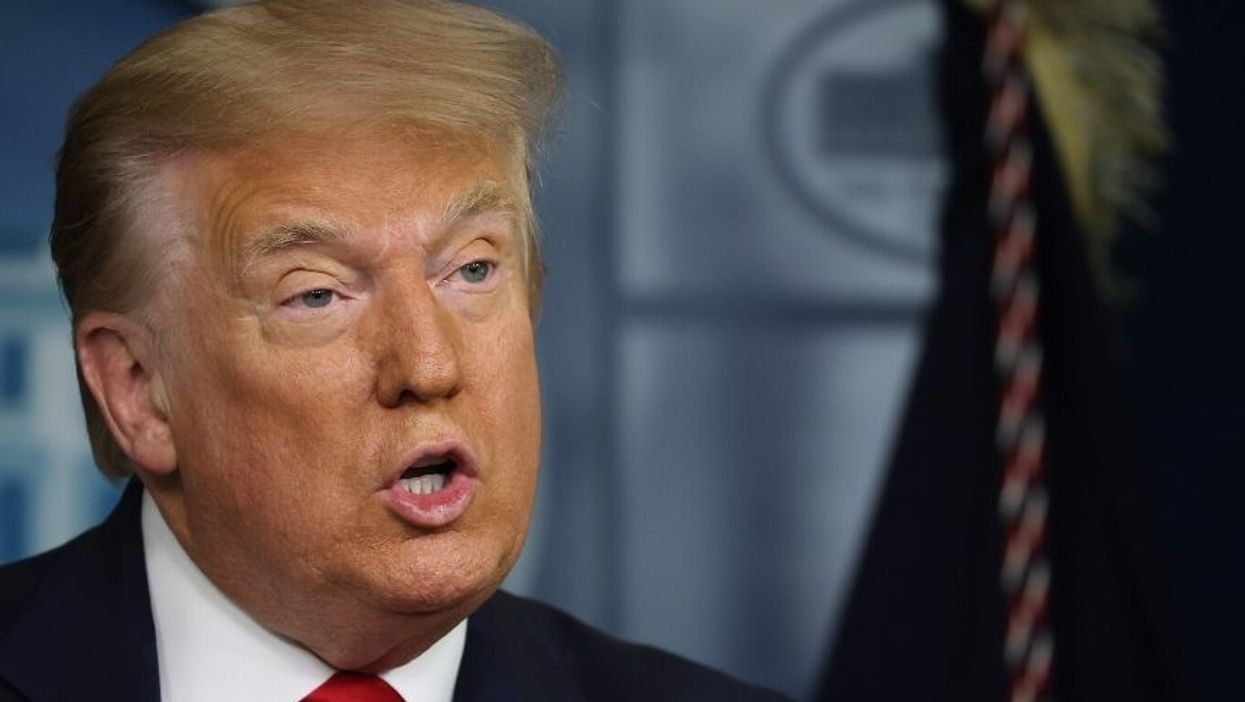

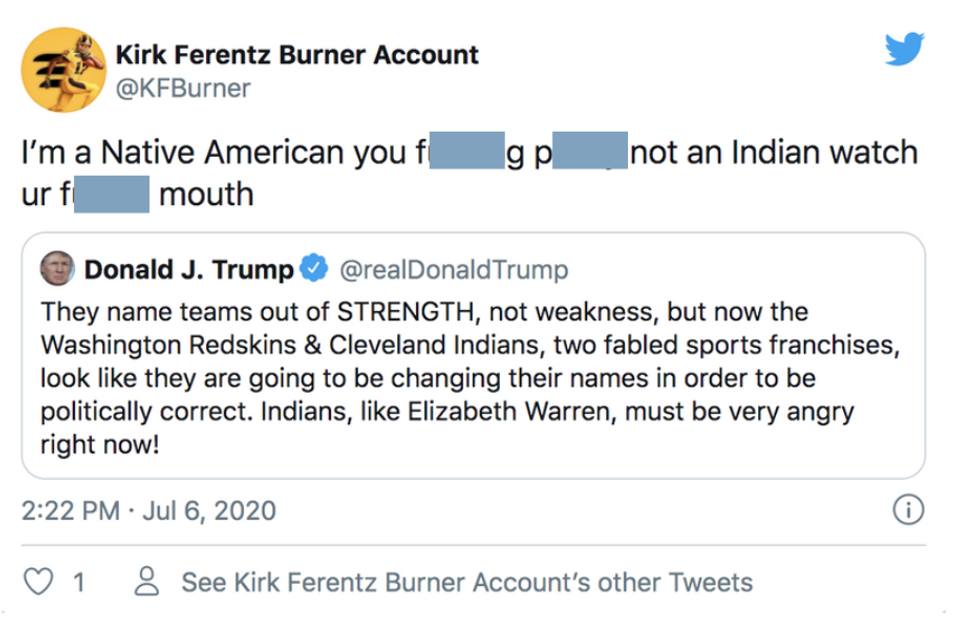
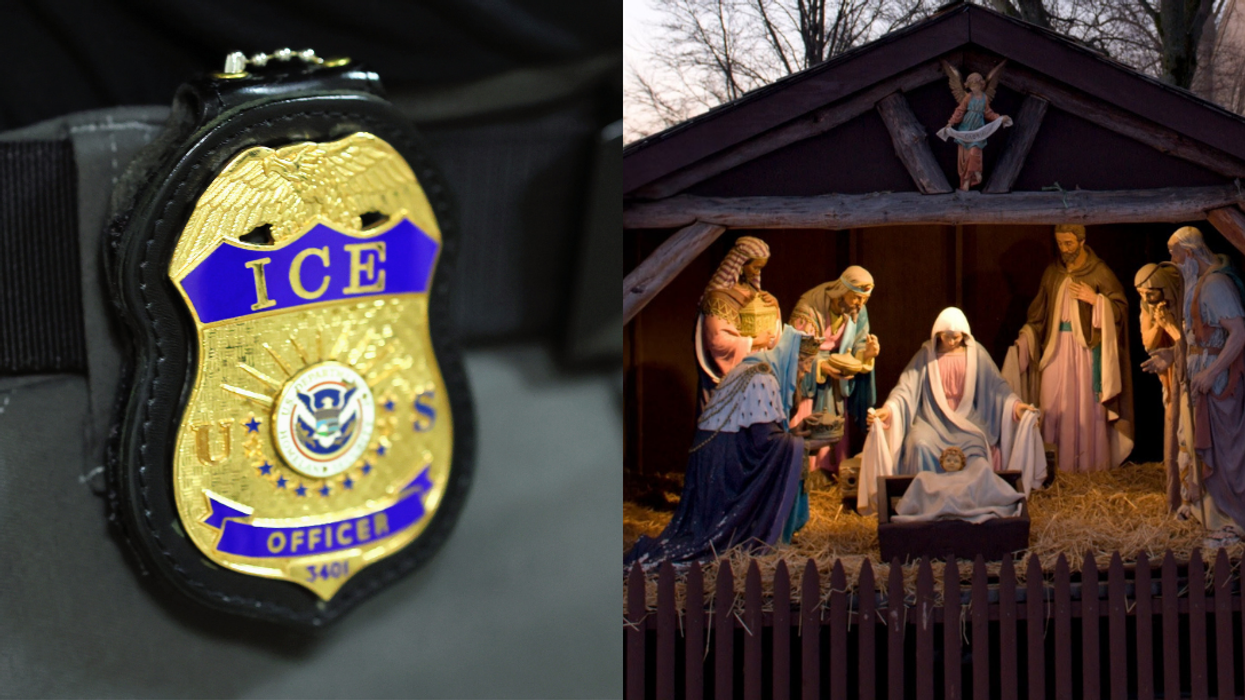
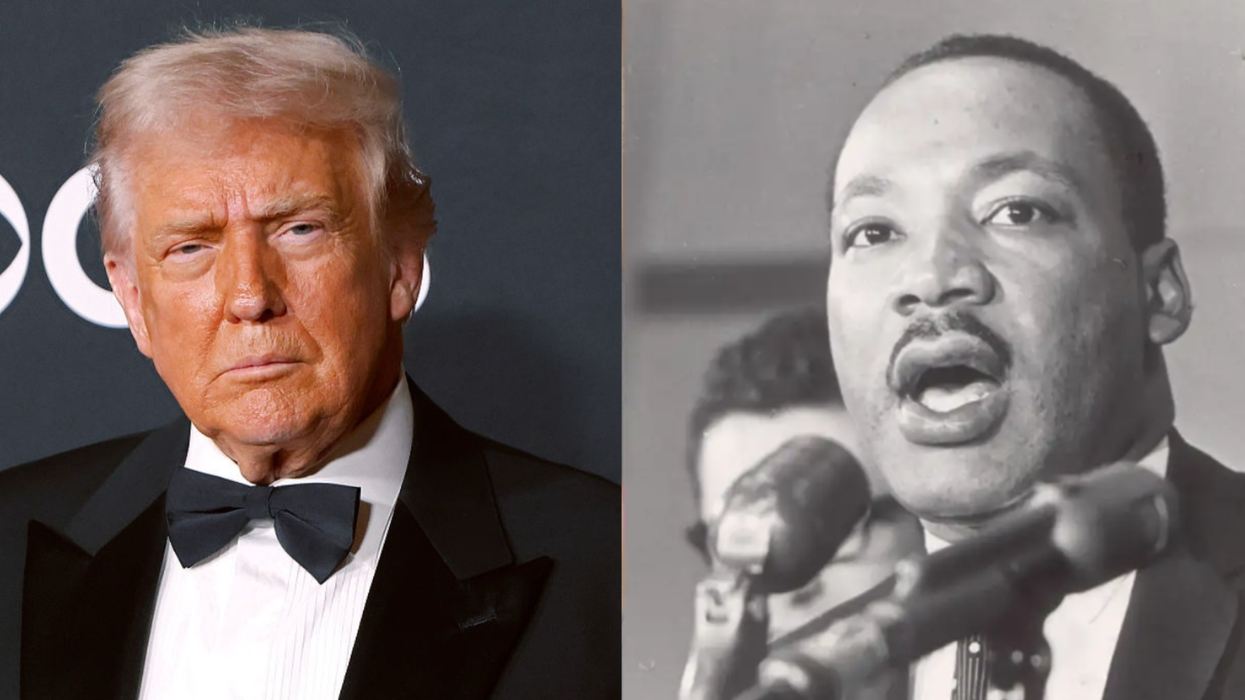
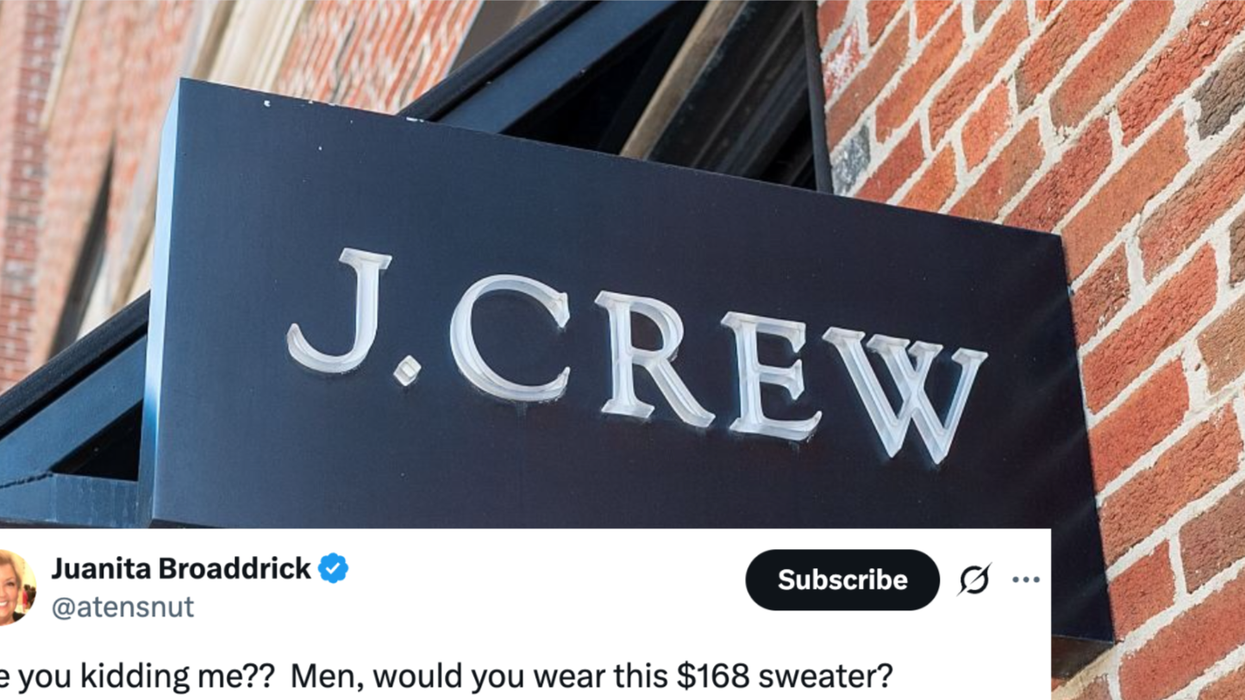
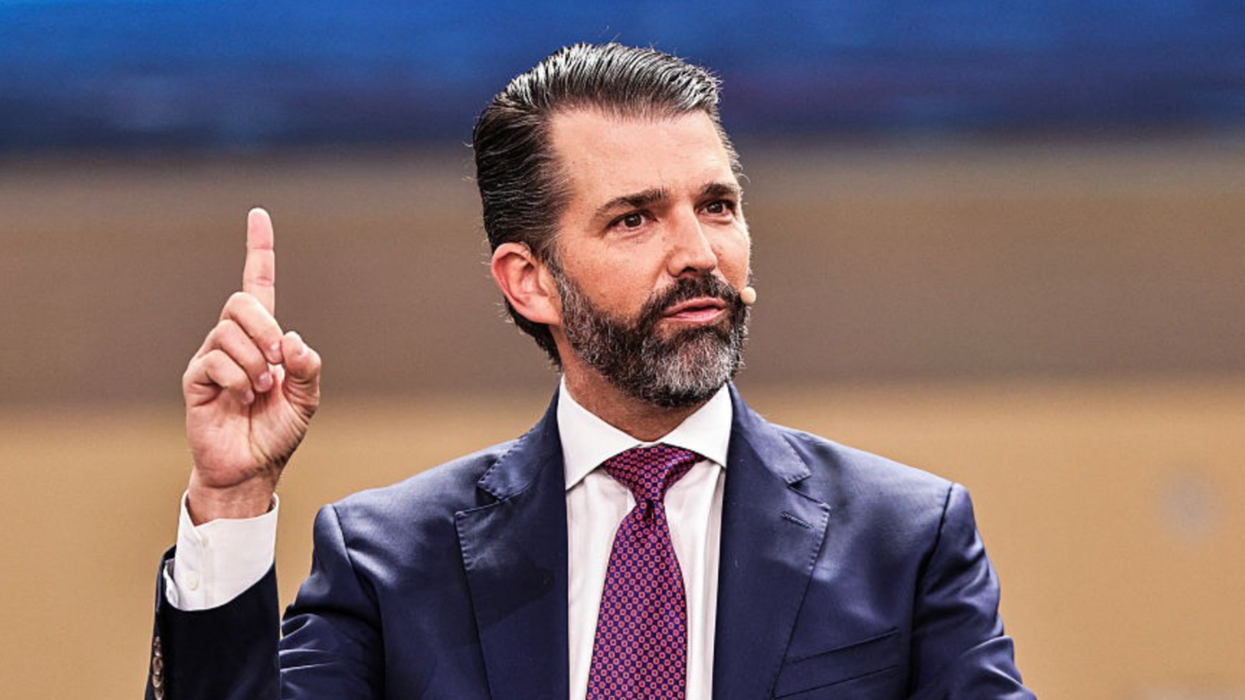

 wildlife mt GIF
wildlife mt GIF 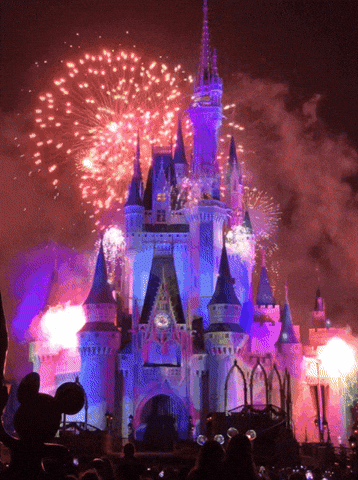 Disney Perfect Loops GIF
Disney Perfect Loops GIF 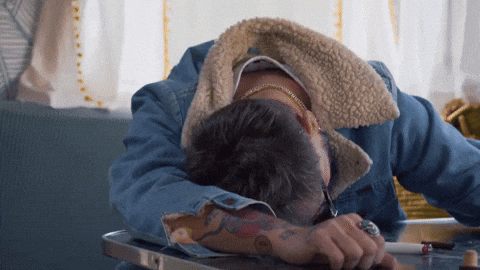 Tired Music Video GIF by Elvie Shane
Tired Music Video GIF by Elvie Shane 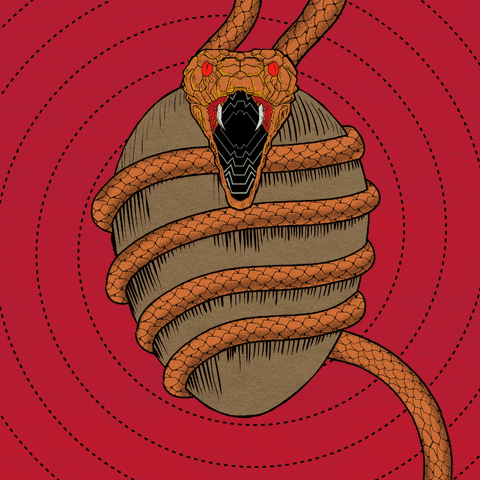 Art Magic GIF by rubedox
Art Magic GIF by rubedox 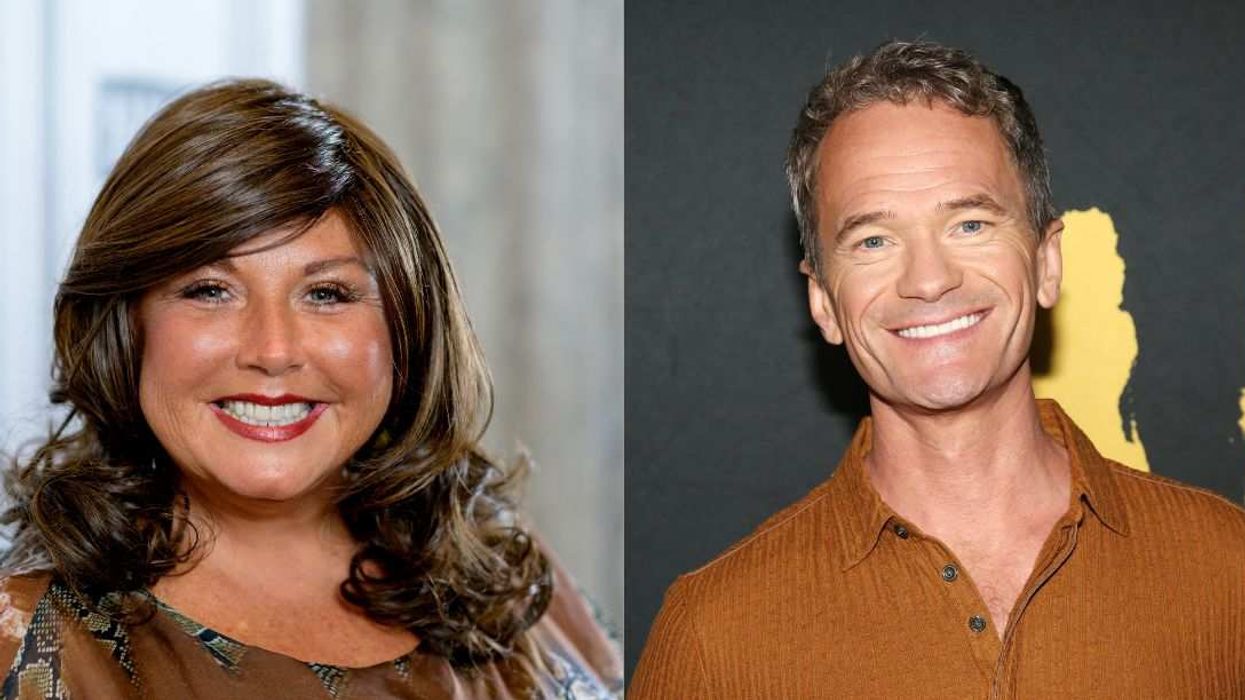
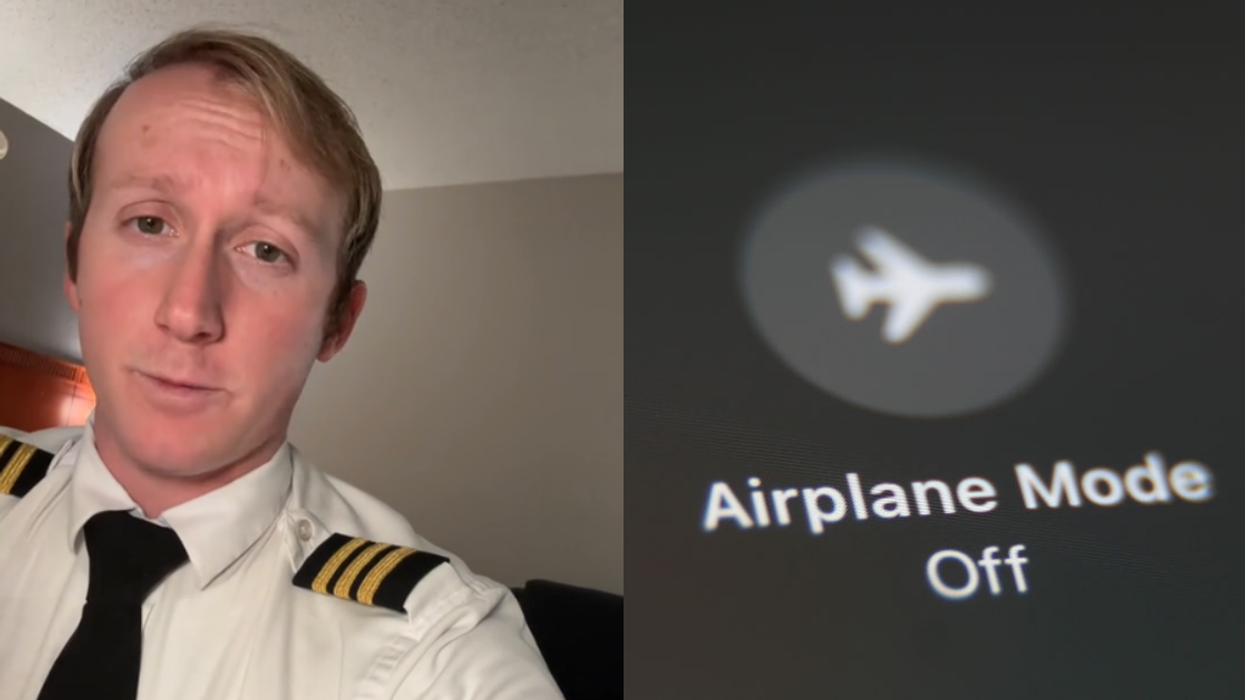
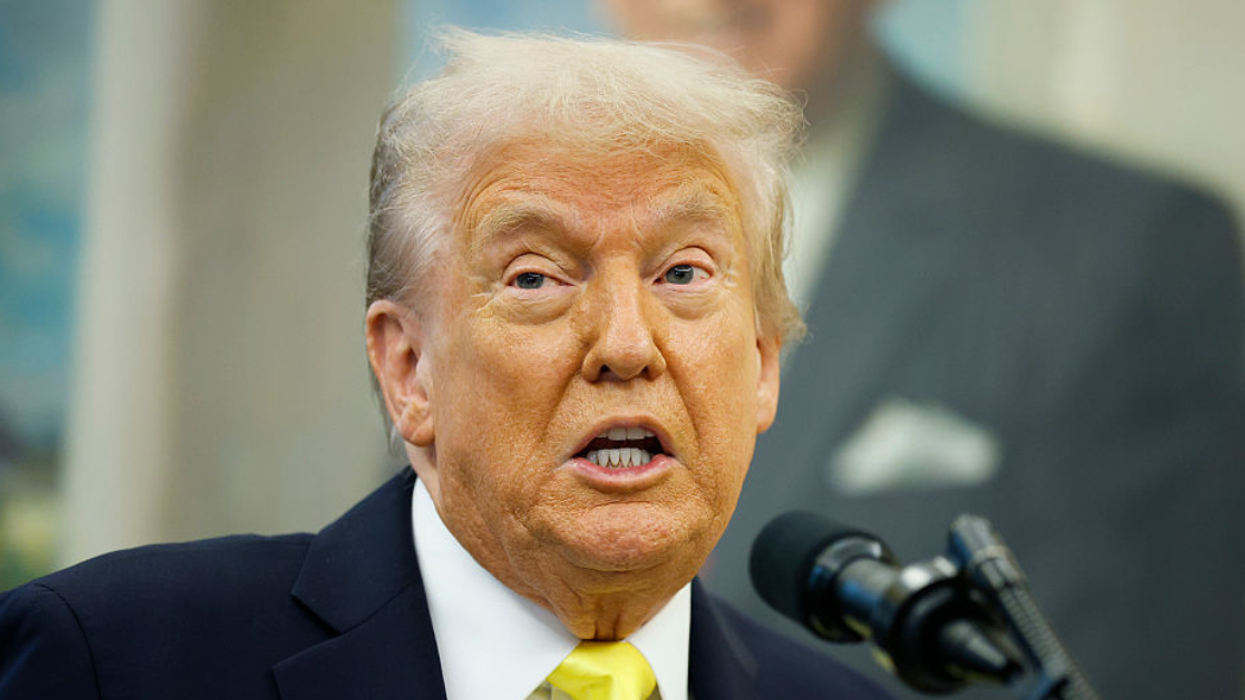
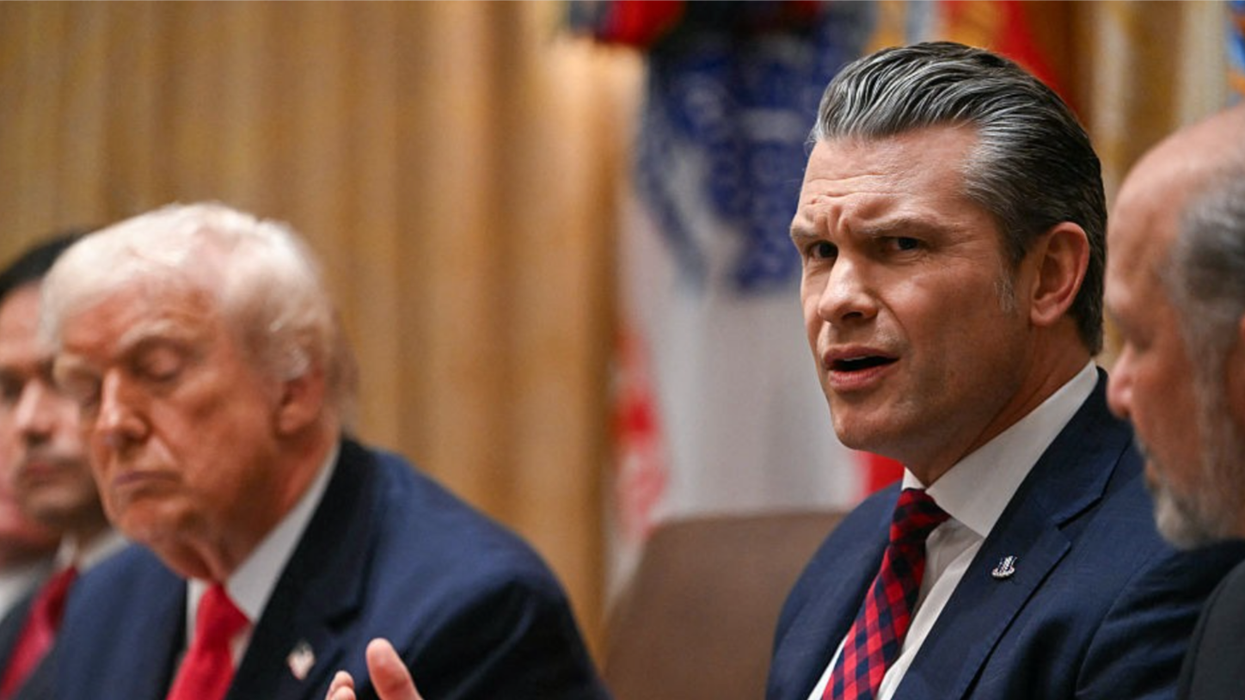
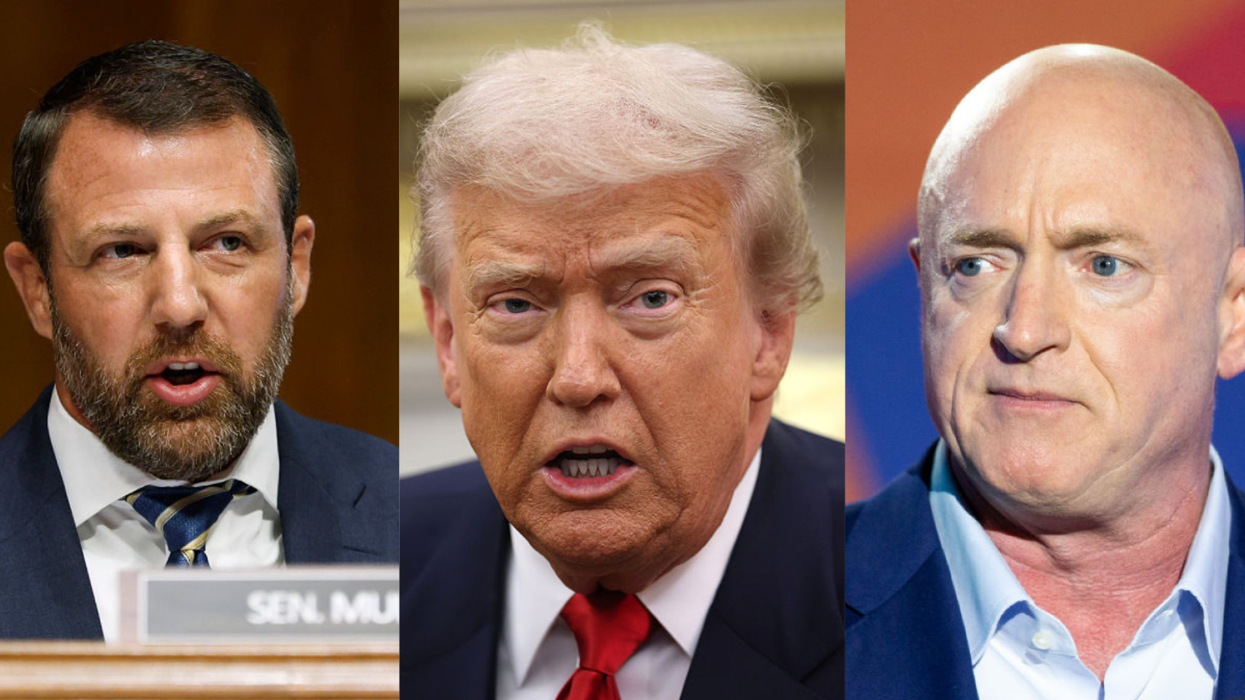
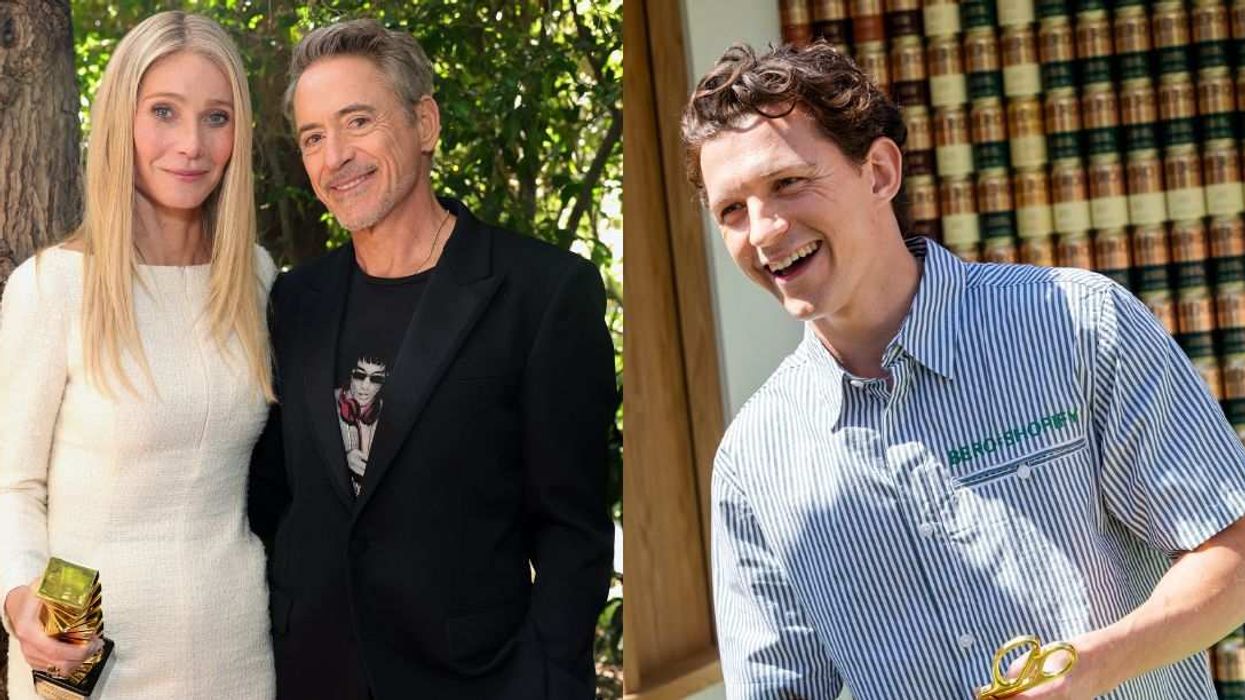
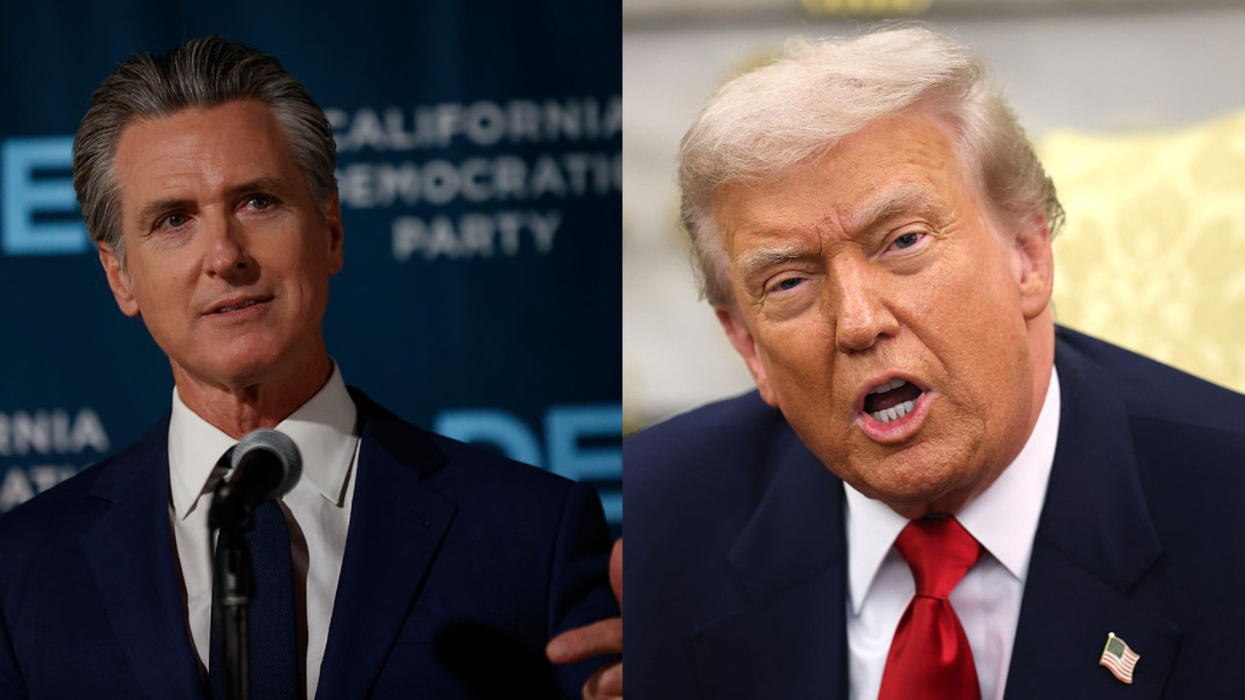
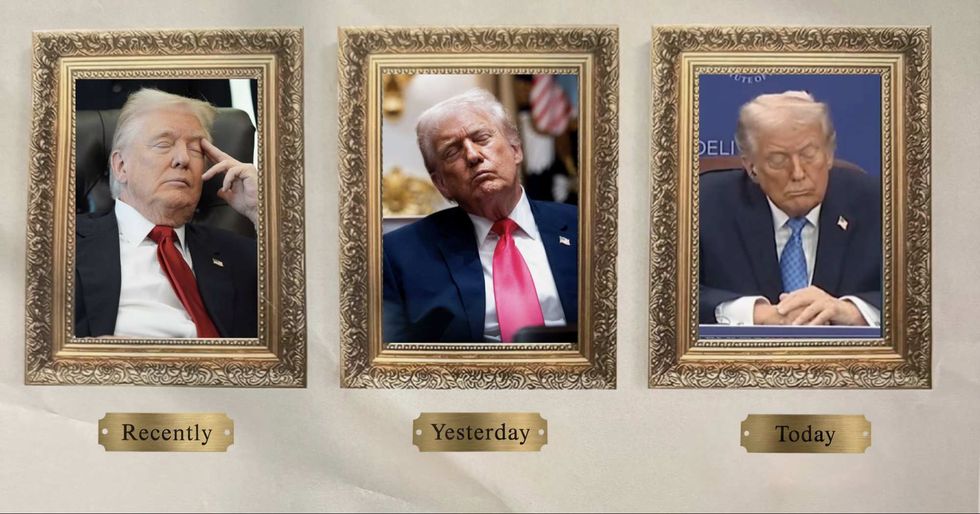 @GovPressOffice/X
@GovPressOffice/X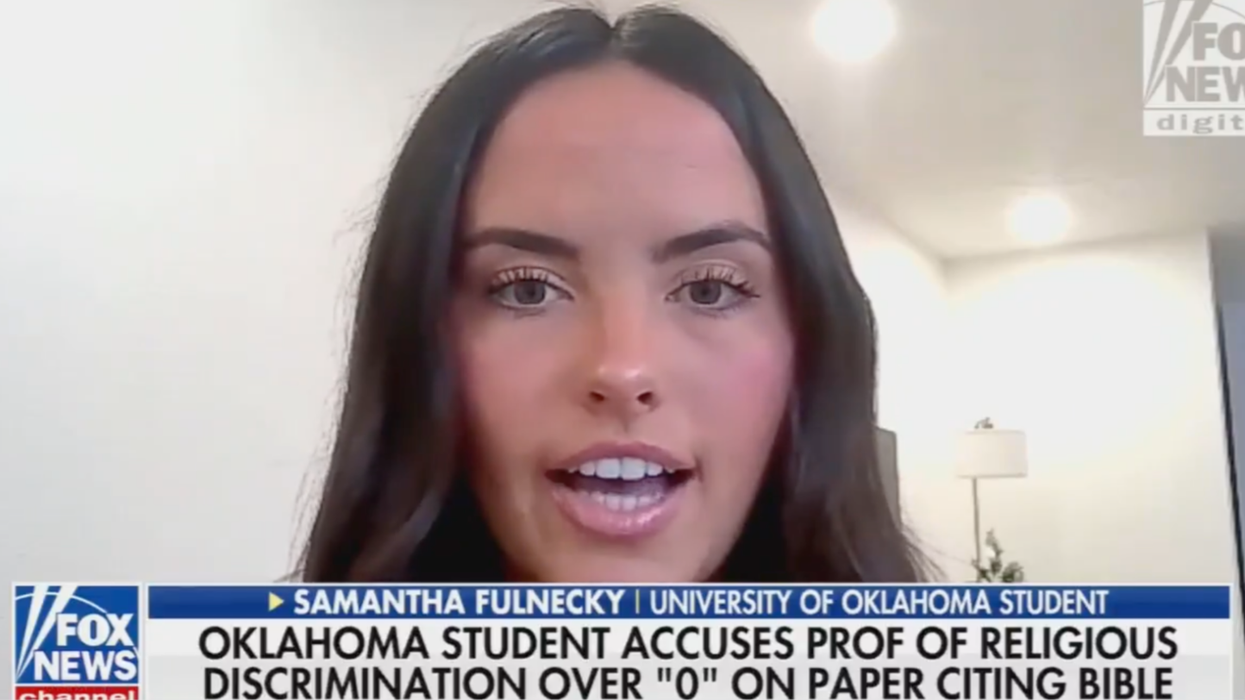
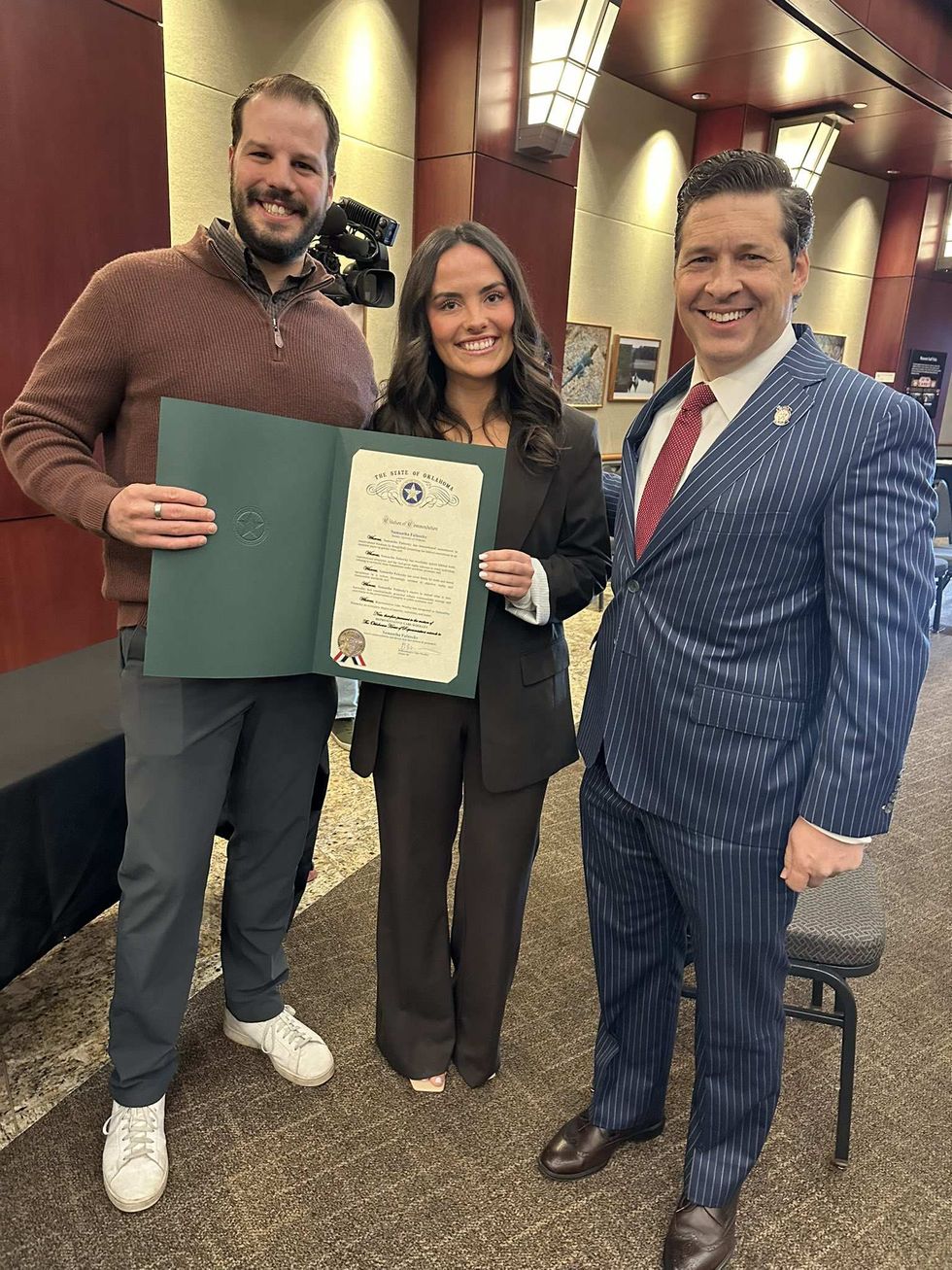 @GabeGwoolley/X
@GabeGwoolley/X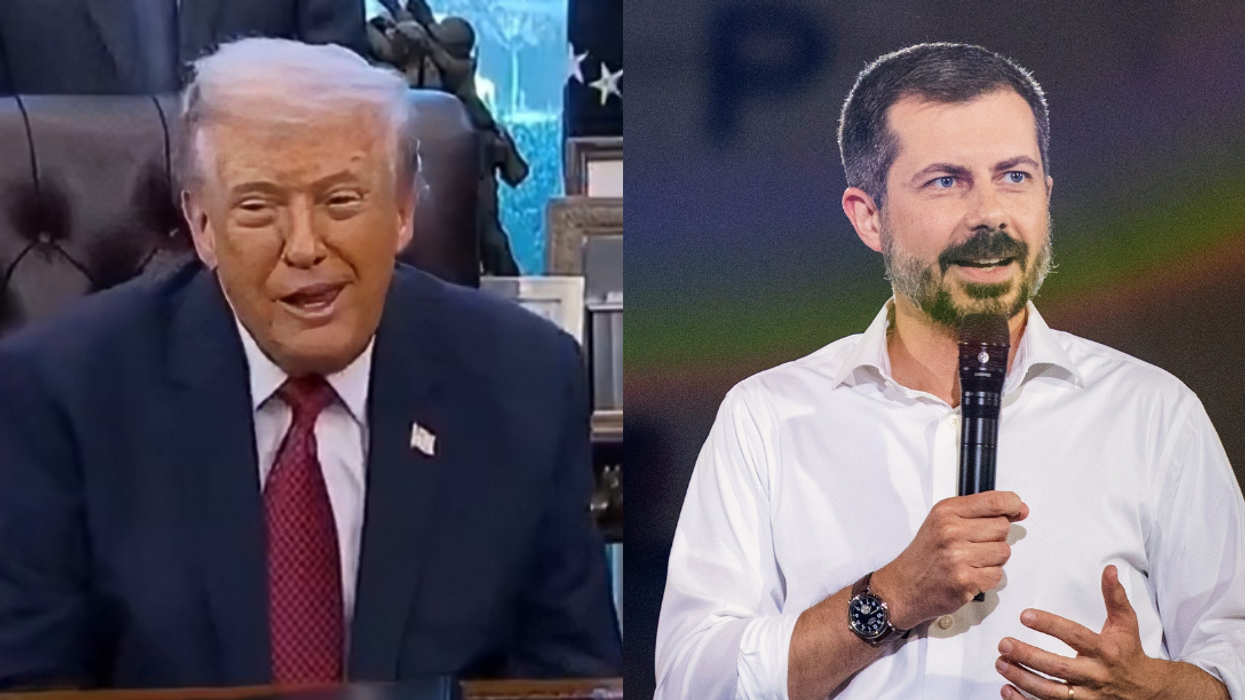
 @mikejstarks/Bluesky
@mikejstarks/Bluesky @kidringo/Bluesky
@kidringo/Bluesky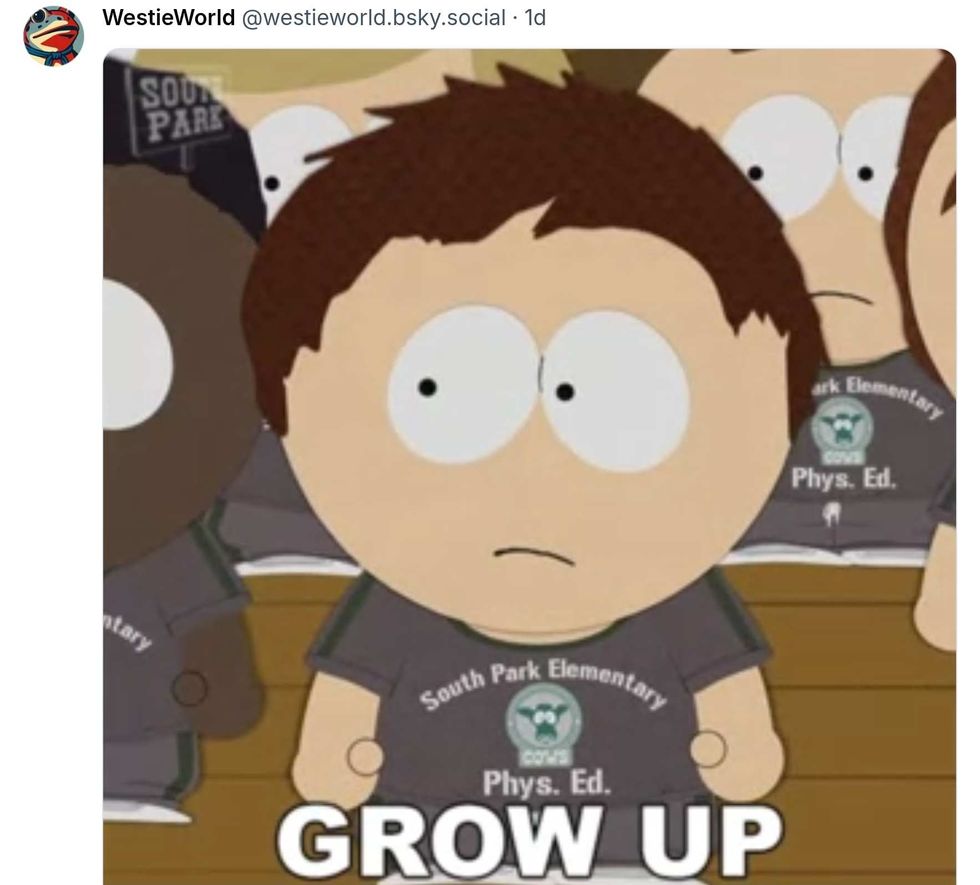 @westieworld/Bluesky
@westieworld/Bluesky